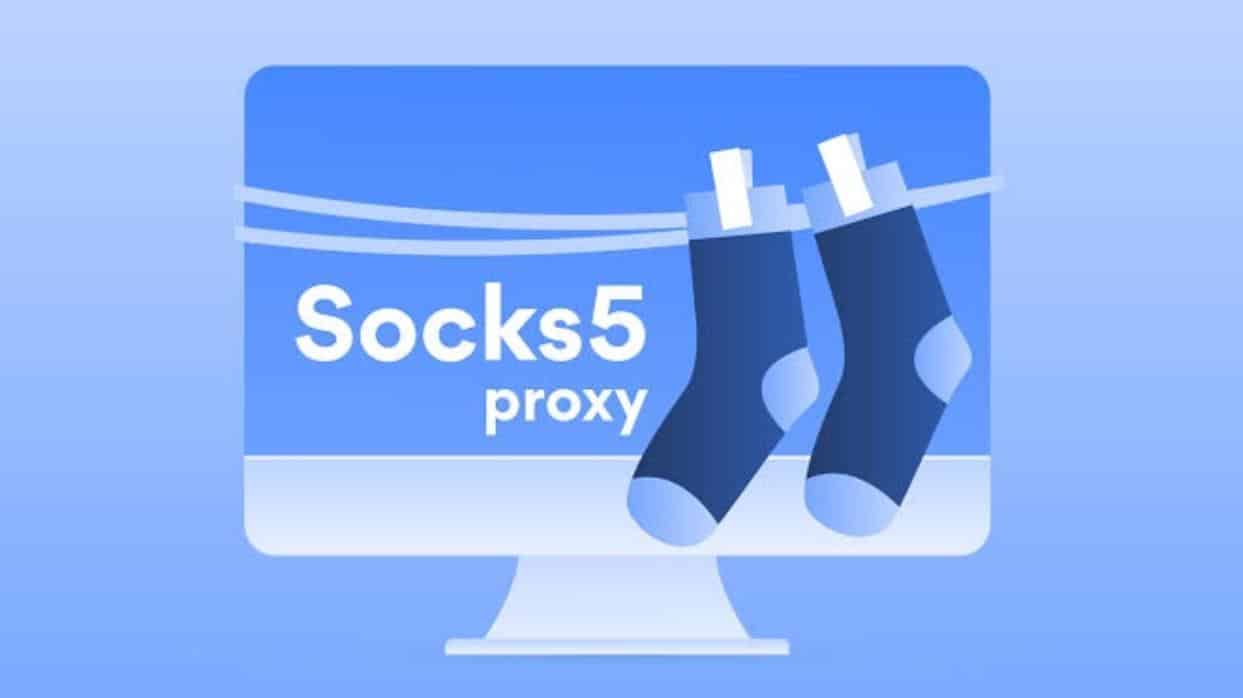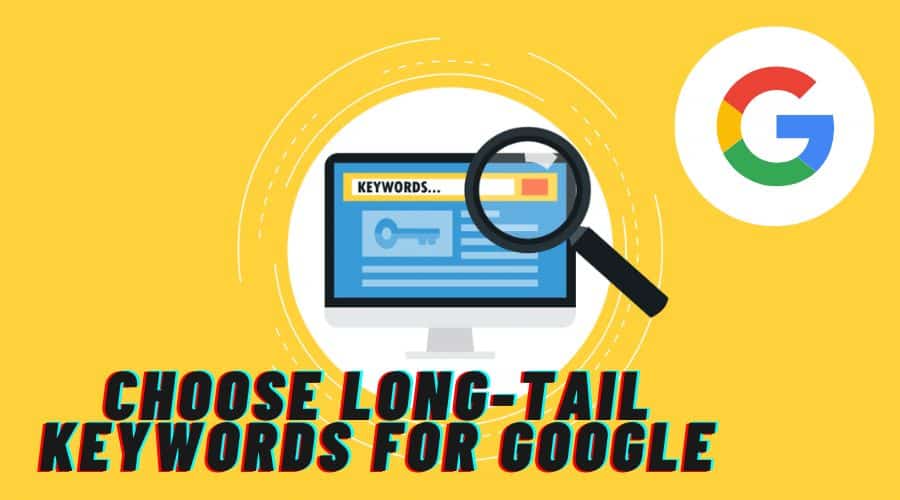Proxies have become an indispensable part of the modern digital landscape. They act as intermediaries, allowing users to access the internet via a different IP address than their original one. This helps in achieving a variety of objectives, such as bypassing geo-restrictions, enhancing security, or scraping web data for business analytics. But with their increased utilization comes a pertinent question: Are proxies always ethical?
Are Proxies Always Ethical?

At their core, proxies are neutral technologies. Their primary purpose is to act as a bridge between the user and the internet. Just as a knife can be used to either cook a meal or harm someone, the ethical implications of proxies stem from their application rather than their inherent nature.
It's crucial to differentiate between legality and ethics. Most proxies are legal to use. But being legal doesn't always mean being ethical. For instance, using a proxy to access region-restricted educational content might be seen as ethical by many, even if it breaches a website's terms of service. On the other hand, using a proxy to engage in illegal activities or to breach someone's privacy is both illegal and unethical.
Ethical Implications

- Privacy and Anonymity: Proxies provide an extra layer of anonymity, which can be beneficial for whistleblowers, activists, and journalists working under oppressive regimes. In such cases, proxies are not only ethical but also crucial for safety.
- Web Scraping: Businesses often use proxies to scrape data from competitors or to gather broad datasets. If done without violating terms of service or copyright laws, this can be seen as a legitimate business tactic. However, excessive scraping can put undue load on servers or skew website analytics, making it an ethically grey area.
- Geo-restrictions: Using proxies to bypass geo-restrictions for entertainment content might breach terms of service but is generally viewed as benign. However, doing so to access censored news or communicate in areas with internet restrictions is often seen as both ethical and essential.
- Security: Proxies can be tools to improve one's online security, protecting users from hackers, or phishing attempts. Using them for personal protection is generally considered ethical.
- Misuse: Proxies can be misused for spamming, hacking, or conducting fraudulent activities. Such actions are clearly unethical and tarnish the image of proxies as a whole.
Provider Responsibility

It's not just the end-users that need to be concerned about ethics. Proxy providers also have a role to play. Reputable providers will have measures in place to prevent misuse, such as monitoring for suspicious activities or enforcing strict usage policies. They will ensure that their services aren't being used for harmful or illegal activities.
Selection Criteria for Ethical Proxy Providers

When it comes to choosing a proxy provider, there are several key considerations:
- Reputation: Evaluate the standing of the provider in the industry.
- Transparency: The provider should offer clear insights into proxy acquisition methods.
- User Consent Policies: Always opt for providers that prioritize user consent.
- Best Practices Adherence: Providers should strictly follow industry best practices to ensure the ethical use of proxies.
Conclusion
Proxies, in themselves, are not inherently ethical or unethical. It's how they are used that determines their ethical stance. As with many tools in the digital era, the responsibility lies with both providers and end-users to ensure that proxies are used in ways that are both legal and moral. As the digital landscape continues to evolve, the ethical discourse surrounding proxies will only become more nuanced and vital.





